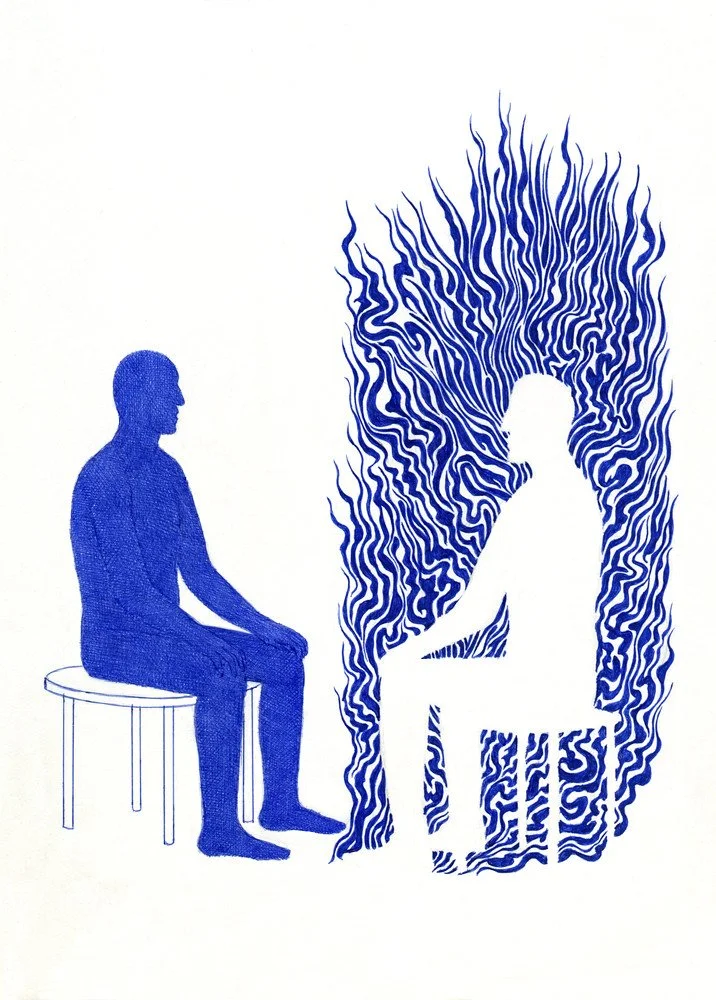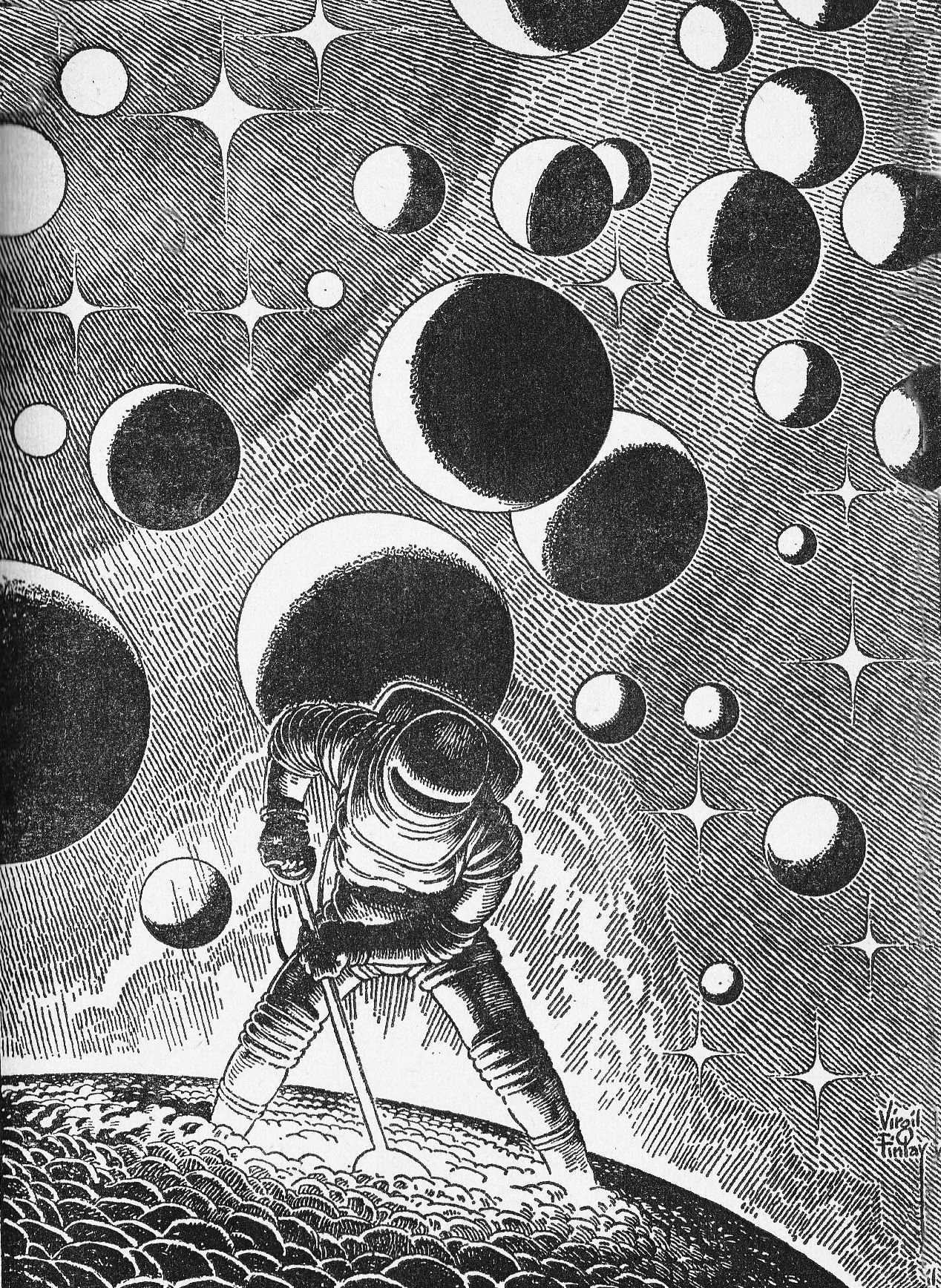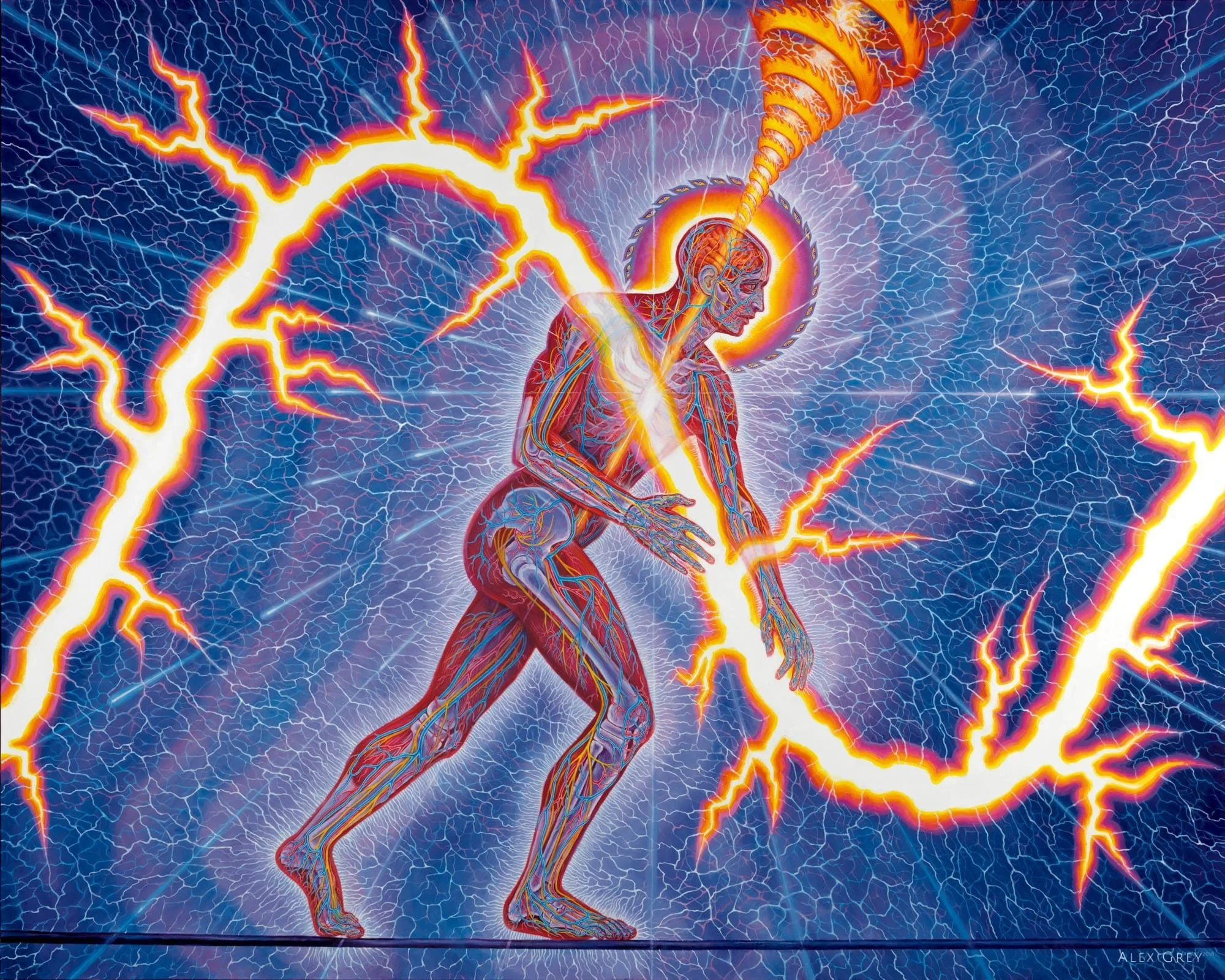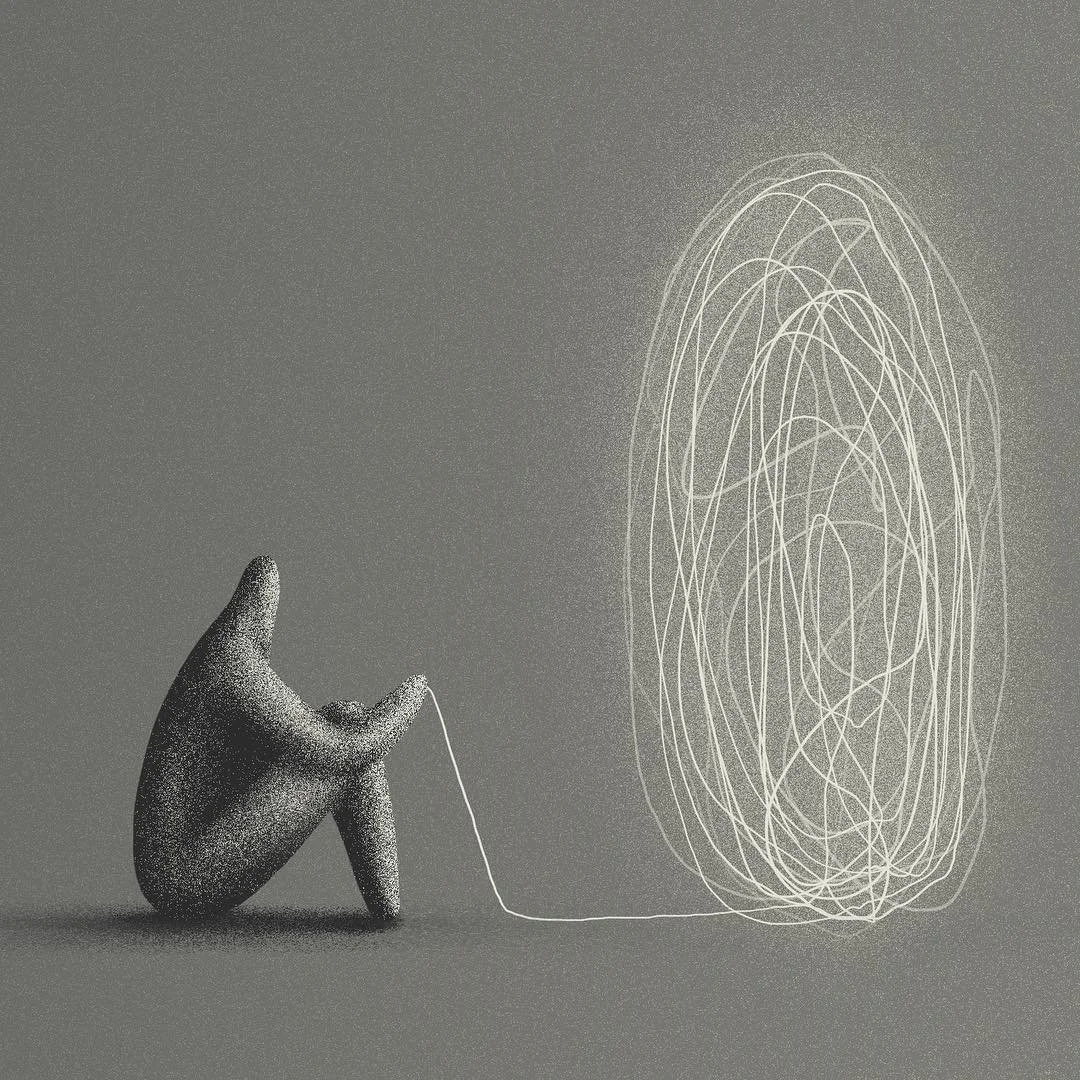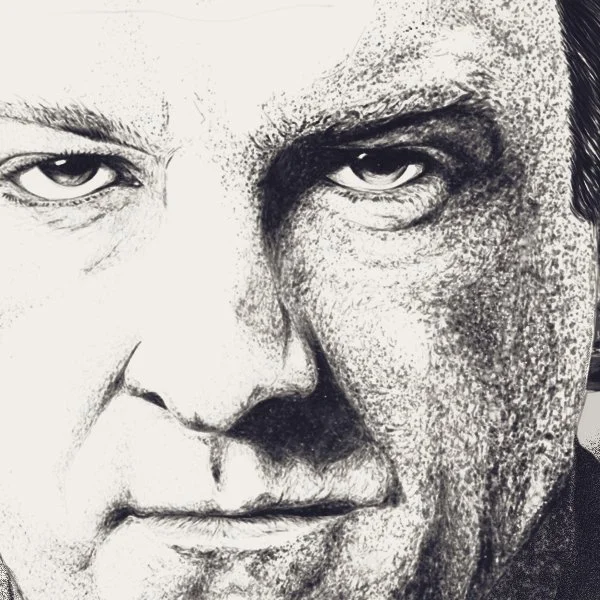After I published an article on the role of a founder on LinkedIn, a reader asked me, 'Do you think direction and vision can be delegated sufficiently?' I think this is an important question because every owner/CEO is tempted to do so from time to time. No one admits it, but in the face of life's hardships, even the strongest and most resilient individuals can sometimes feel a childlike urge to ask an adult to pick them up. Wouldn't it be wonderful if someone said, 'You take a break. I guarantee that I'll do what's most difficult, scary, or unbearable for you.' Of course, there are no such wizards, but the dream of them is indelible. And since there is a demand, there are many who promise to meet it.
But whoever gives in to temptation will inevitably be disappointed. It doesn't matter who the choice falls on — a top manager, advisor, or business consultant, what are their awards, and do they have an Ivy League diploma. Even if their efforts produce an impressive product, it will never take root in the company, like a tropical flower in Ukrainian black soil. Why? Like personal meaning, love, or curiosity, the company's vision is formed from the inside out, not the other way around. In other words, first the vision is present invisibly in the corporate body, and then it manifests itself explicitly in words. Isn't it funny to delegate this process to someone from the outside? And is it any wonder that attempts to do so waste resources, time and opportunity?
The formation of vision and direction requires the simultaneous presence of at least four conditions. Firstly, an intimate understanding of the vulnerabilities and strengths of the specific company. Secondly, entrepreneurial intuition regarding the window of market opportunities. Thirdly, the power to realize what's planned and receive feedback from reality. Fourthly, a readiness to take personal responsibility for possible failure (skin in the game). Note that many may meet one, two, or even three of these conditions, but only the company's founder can meet all four.
Yours sincerely,
-Alexander
You can help Ukraine defend itself and the World from Russian aggression here.
”Who are you and what do you do?"
As a business therapist, I help tech founders quickly solve dilemmas at the intersection of business and personality, and boost company value as a result.
"I have an important business decision to make. Can you help me?
Reserve a time on my calendar that is convenient for you to meet with me. We'll clarify your request and discuss options for how you can help.






